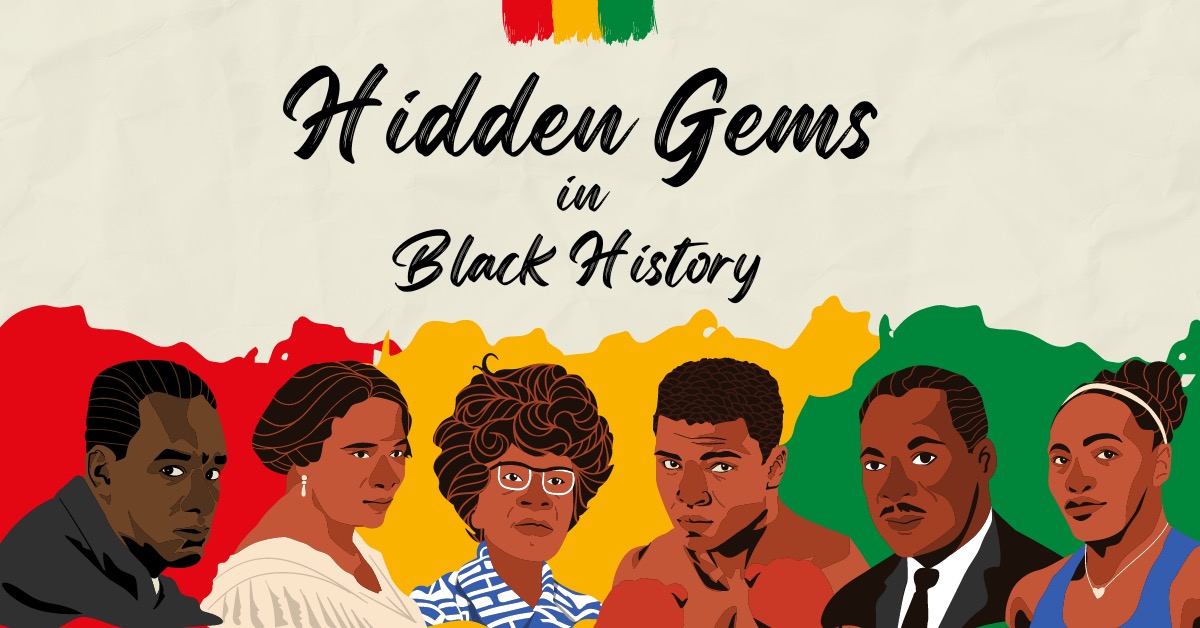
Marion Sims has gone down in history as the “Father of Modern Gynecology.” Many of his medical achievements came at the cost of the health and well-being of enslaved Black women. He performed surgical experiments on enslaved Black women, often without the use of anesthesia.
J. Marion Sims Interest Sparked
James Marion Sims, born in Lancaster County, South Carolina, in 1813, joined medicine before physicians had the same rigorous training. After interning with a doctor, completing a three-month course, and studying at Jefferson Medical College for a year, Sims started practicing in Lancaster. After his first two patients died, he moved to Montgomery, Alabama, for a new start.
Sims earned the respect of powerful white plantation owners in Montgomery by treating their enslaved laborers. George Washington University medical humanities professor Vanessa Gamble says Sims’s technique was founded in the slave trade. In Montgomery’s trade district, Sims erected an eight-person hospital.
Sims had little interest in treating women and no gynecological training, like other 19th-century physicians. Inspecting and treating female organs was deemed disgusting. When he helped a woman with pelvic and back discomfort after falling off a horse, his interest in treating women altered.
Sims understood he needed to see her vagina to cure her injuries. He bent forward with her on all fours and used his fingers to peek inside. Using this finding, he created the current speculum from a bent pewter spoon handle.
Sims found a vesicovaginal fistula during his evaluation. Sims experimented with surgical methods to treat fistulas in 1845 since there was no treatment. Sims acquired temporary control of the ladies until treatment was complete if their owners supplied clothes and paid taxes.
But Did His Enslaved Patients Consent?
Sims reported that the ladies “clamored” for the surgeries to ease their suffering, but no historical record confirmed their consent. According to University of Washington associate professor of gender, women, and sexuality studies Bettina Judd, consent isn’t necessarily about “whether you can say yes; it’s also whether you can say no.”
Sims’s records list three female fistula patients: Lucy, Anarcha, and Betsey. Lucy, 18, who had given birth a few months earlier and couldn’t control her bladder, was his first patient. The treatment required undressed patients to sit on their knees and lean forward onto their elbows with their heads on their hands. Lucy wailed and screamed for an hour throughout surgery, as almost a dozen physicians observed. Later, Sims writes, “Lucy’s anguish was extreme.” His controversial sponge method of draining pee from the bladder made her very unwell, causing blood poisoning. “I believed she would die…” He said Lucy needed two or three months to recuperate after the procedure.
Sims had failed fistula operations for years. He “perfected” his procedure after four years of experimenting on a 17-year-old enslaved woman, Anarcha, who had a terrible labor and delivery after 30 surgeries. He then performed on white ladies under anesthesia, a new medical technique.
Some physicians didn’t trust anesthetic, but Sims didn’t use it or any other numbing procedure since he believed Black people didn’t feel pain. Research published in the April 4, 2016, Proceedings of the National Academy of Sciences from the University of Virginia suggests that this idea still holds true today.
Experimenting on Enslaved Children
Writer and medical ethicist Harriet Washington argues Sims’s racism influenced more than his gynecological experiments. He tried to cure “trismus nascentium” (neonatal tetanus) in enslaved Black children with surgery before and after his gynecological trials with limited success. Sims also felt that African Americans were less clever than whites because their skulls expanded too rapidly around their brains. He used a shoemaker’s tool to separate African American children’s bones and skulls.
In the 1850s, Sims founded the first Woman’s Hospital in New York and started experimenting with controversial medical therapies on his patients. When Sims’s patients died, he blamed “the lethargy and stupidity of their mothers and the Black midwives who attended them.” He didn’t think his techniques were incorrect.
Washington said Sims’ tactics caused criticism throughout his lifetime. Some white doctors publicly opposed his research, arguing he went too far.
Statues Have Prompted Protest
Marion Sims, a medical pioneer, remains prominent. He was honored with statues in Central Park, the South Carolina statehouse, and outside his former medical school, Jefferson University, in Philadelphia.
Following years of campaigning, the Philadelphia monument was stored, and the Central Park statue was dismantled on April 17, 2018. The monument’s plaque was to be changed, with one explaining its origins and Sims’ controversial, non-consensual medical experiments on women of color. The proposed plaque would honor Sims, Lucy, Anarcha, and Betsey, “whose bodies were utilized in the name of medical and scientific advancement.”
Some consider it overdue. In 1941, Dr. John A. Kenney, the dean of Black dermatology at the Tuskegee Institute, proposed a memorial honoring the unnamed Negroes who contributed to surgery via the ‘guinea pig’ way in the Journal of the National Medical Association.
This is a part of our new series – “Hidden Gems in Black History,” where we highlight uncommon facts throughout Black history. Join us every day during Black History Month for interesting facts about Black people and places you likely haven’t heard before!








